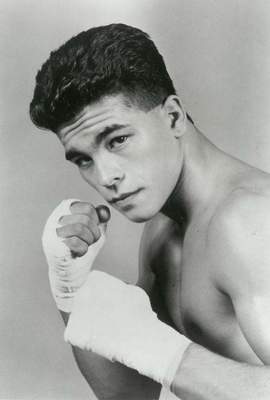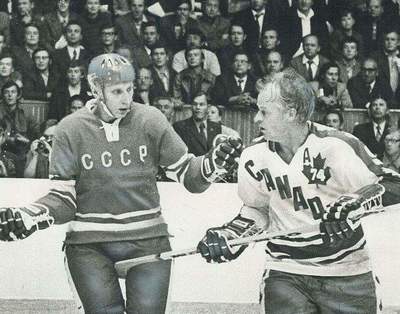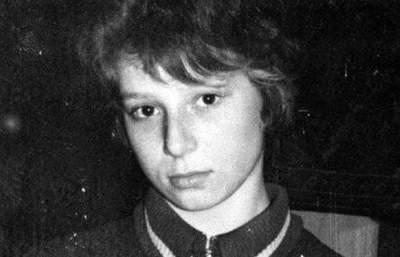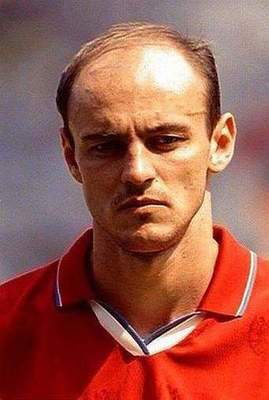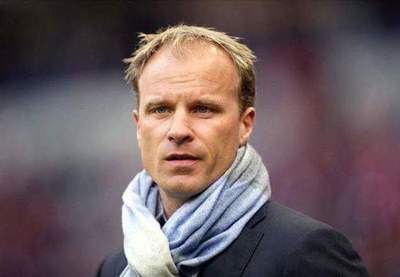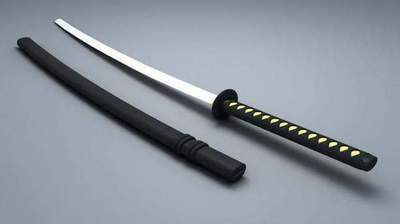The history of children on the throne, and how it ended
Perhaps, as a child, each of us dreamed of being a king. But history is replete with cases of children, due to certain circumstances, becomes ruler.
But the burden of power and palace intrigues not everyone was able to survive without serious consequences. In this review we present children the monarchs, influenced the course of history.
Ivan the Terrible
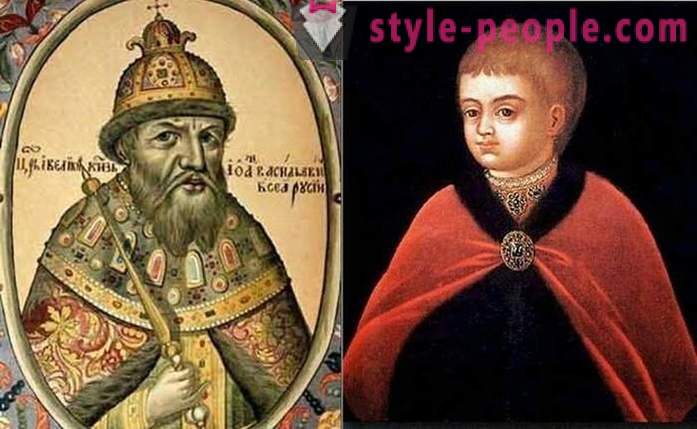
The first king of all Russia, Ivan IV the Terrible.
King of All Russia Ivan IV the Terrible became the ruler of 3 years of age after the death of his father Vasily III. When he was 8 years old, he died and his mother. In fact the country was governed "Seven Boyars" - the board of trustees, consisting of members of the aristocracy. Boyars had to take care of Ivan IV, but actually came out completely different.
Boyars did not reckon with the boy. Moreover, they mocked him and his brother Yuri: kept in poverty, isolated from society, friends killed. Future king grew up in an atmosphere of palace intrigues, lies, he was angry, suspicious, prone to torture animals. The reign of Ivan the Terrible was a clear example of what happens to a person when it grow in hatred.
Oyo - the youngest reigning king in Africa
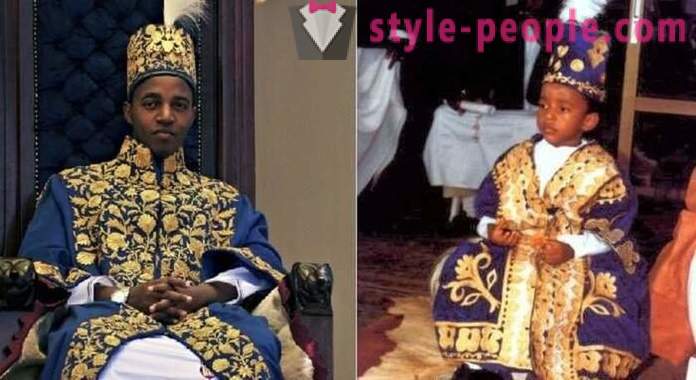
Ugandan King Oyo.
King Oyo of Uganda is considered by far the youngest reigning monarch. He was crowned in the 3-year-old in 1995. For the ceremony, the future monarch made miniature throne. During the coronation, he amused himself with the toys, and then took the crown on his knees and crawled to her mother. Oyo still remains on the throne. His policy is called one of the most liberal among African countries.
Spain's Queen Isabella II of
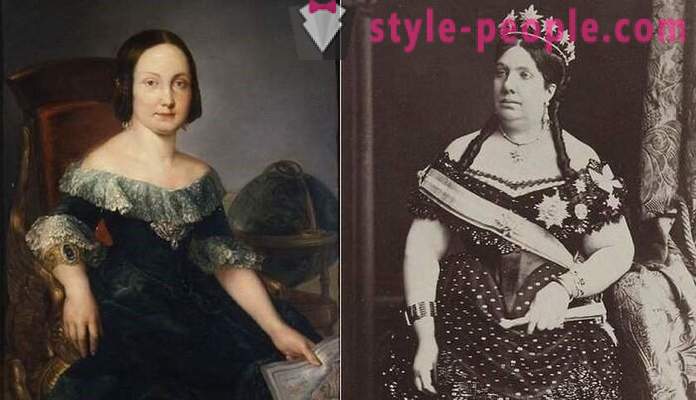
The Queen of Spain Isabel II, who ruled in 1833-1868 gg.
Isabella II ascended the Spanish throne in the 3-year-old in 1833. She was not lucky only one - she was born a girl. The fact that her father, Ferdinand VII for a long time had no children, but to give the throne to his brother Charles, he also did not intend to. Therefore, when the queen finally became pregnant, the monarch issued a decree according to which the unborn child, regardless of gender, will become the ruler of Spain.
The country was divided into two camps: one supporting the monarch-a woman, while others tended toward rebellious Karl (brother of the king). Civil war broke out. The clashes led to the fact that Spain became a constitutional monarchy. After a 35-year reign of Isabel II in the country broke out the revolution, because of what the queen was overthrown. She fled to France, where he spent the rest of his days.
Pu Yi - the last emperor of China
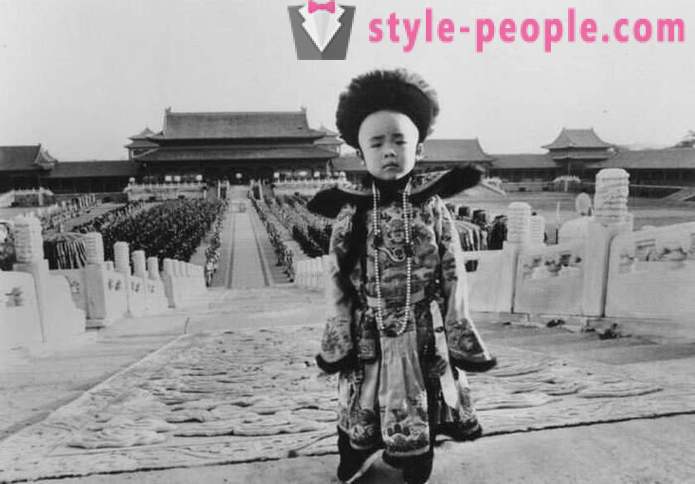
Pu Yi - the last Emperor of China.
Pu Yi took the Chinese throne at the age of two, in 1908. But in 1911 the country's armed uprising broke out, aimed at the elimination of the monarchy. There was the Republic of China. A year later, Pu Yi was deposed from the throne. Nevertheless, he continued to live in the Forbidden City - the historical residence of the Chinese emperors. Here the boy was respected, consistent with its origin and title. On walks after him followed by a procession of servants, who wore tea, treats and medications. It continued to bring up by planting the qualities necessary to the monarch. To this end, invited only the best: scientists, academics, former politicians. English Pu taught Scotsman Reginald Johnston (Reginald Johnston), it has also become the best friend of the young emperor. European instructor also taught Pu ride a bike, play tennis and golf, as well as wearing sunglasses. After Johnston's stories about the Western world, the emperor became often call themselves by the name of Henry.
In 1917, during the uprising of the military, Pu Yi became emperor again, but not for long, for two weeks. In 1924, in adulthood, Pu Yi was deprived of its special status, titles and expelled from China. Further political games put Henry Pu Yi dependent on Japan, and in 1932 he was made head of the newly formed state of Manchukuo. After the Soviet victory in the war with Japan, the emperor was captured and then transferred to the authorities of communist China. His "reform" in one of the special camps, and then the former emperor lived out his years working in a botanical garden and a library.
Tutankhamun

King Tut. Reconstruction of the image. | Photo: tainoe.info.
Tutankhamun became pharaoh of ancient Egypt-teen (c. 1332 BC. E.). He ruled for only nine years, and became famous only after his death. The causes of death of the young pharaoh quite controversial: poisoning, a fall from his chariot or severe malaria. In any case, his tomb, discovered in 1922, became the greatest archaeological discoveries of the XIX century, and the pharaoh Tutankhamen - the most famous of all the rulers in the history of children.
Queen Christina of Sweden
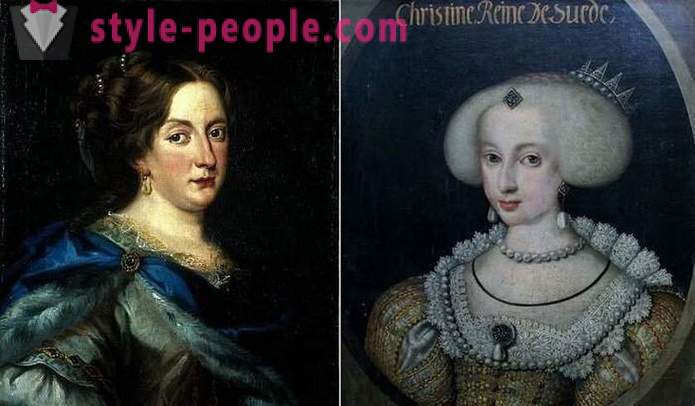
Christina Swedish - Queen of Sweden from 1632 to 1654 years.
Queen Kristina declared regent of Sweden in the age of 6, immediately after the death of her father King Gustav II Adolf in 1632. The girl received an excellent education she studied at once in seven languages, was interested in the works of eminent philosophers, is making progress in the sciences. The beginning of independent rule of Christina of Sweden was marked by brilliant successes in foreign policy, but domestic situation the country was disastrous. The Queen loved luxury that ravaged the treasury of the country. For all was a shock when Christina Swedish renounced the throne and went to Rome to accept Catholicism. She was one of three women buried in St. Peter's Basilica in the Vatican.
Henry VI of
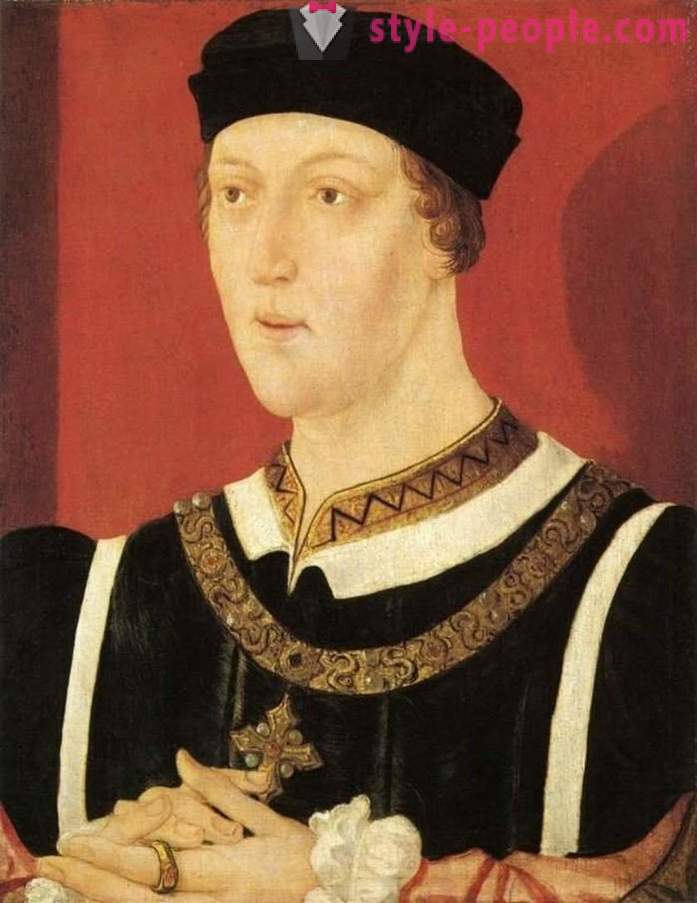
The king of England, Henry VI. OK. 1540 | Photo: ru.wikipedia.org.
Henry VI became King of England in the eight-month age, after the death of his father. And next, in 1422, the death of his grandfather, King of France, Charles VI. Little monarch was under the influence of the Regent, the Duke of Bedford. Native is the mother of the king did not enjoy prestige among the aristocracy and was therefore removed from the upbringing of his son. the monarch's reign occurred in the final period of the Hundred Years' War, which ended with heavy losses for England. Henry VI has lived an eventful life in the future he would have to fight in the Civil War of the Roses and die in prison at the age of 50 years.
John I - the king who rules the whole 5 days
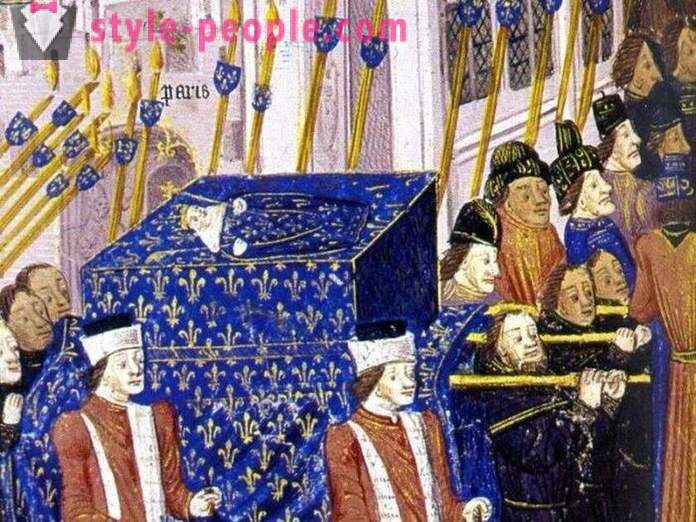
John I - King of France from 15 November 1316 to 20 November 1316. | Photo: fb.ru.
John I became king of France and Navarre immediately after its birth in 1316, t. To. His father, the king died before the birth of an heir. The baby lived for only five days, for which he received the name of John I Posthumous. In the country there were a lot of rumors. Some said that the little monarch was poisoned by his uncle, and others believed that the child stole to save, and instead planted a corpse. Subsequently, in France several times declared impostors posing as a survivor of John I.
King Sobuza II of
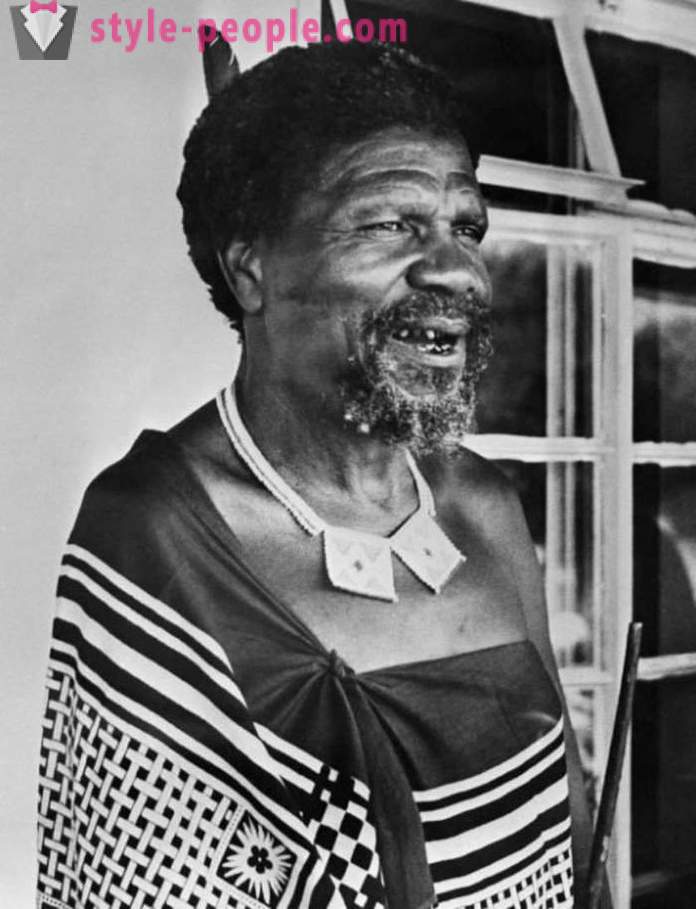
King Sobuza II - ruler of Swaziland. | Photo: static-ssl.businessinsider.com.
King Sobhuza II became ruler of Swaziland (the supreme leader) in four months, and left that post when he died at the age of 82 years. This is the longest period of reign in the history of humanity, confirmed by documentary evidence. Most of the time Sobuza, also known as Nkhotfotdzheni, served only demonstrative role. Only in 1968, Swaziland gained independence from Great Britain. Sobuza II of, won the election, dissolved the Parliament, abolished the constitution, banned all political parties, trade unions and civil society organizations. Now the monarch acts estimate is ambiguous. He helped Swaziland to become independent, "picked up" the economy, but he himself had seized power. The king had more than 70 wives, 210 children and at least a thousand grandchildren.
If in Swaziland after independence, the economy has gone up, everything happened exactly the opposite in Equatorial Guinea. He came to power, the president, who destroyed all that was related to the concept of a developed country, and after the coup crazy dictator ate all the state treasury.































